Ubuntu aims to reduce mortalities during outbreaks by teaching the communities how to build low cost treatment beds out of local resources.
Long Description
During the height of the West Africa Ebola Outbreak in 2014 which took 11 323 lives, 70% of the needed treatment beds were lacking so incoming contagious patients had to go back to their communities, ending up infecting others, and patients with other diseases couldn’t get the treatment they needed, since all beds in all hospitals were already crowded with Ebola patients, which caused an additional 10,623 deaths. On the other hand, in Sierra Leone in 2014, introduced treatment beds prevented an estimated 57,000 infections and about 40,000 deaths.
Ubuntu is a quickly assembled treatment bed made from with locally sourced bamboo, zip ties, and disposable sheets of Tyvek® functioning both as a mattress and as a barrier between beds. Once the materials are on site, the beds can be built by the local community using the instructions printed on Tyvek®. Using already manufactured materials that are lightweight and space efficient to bypass conventional logistics, making Ubuntu a quicker, cost-efficient, and more dignifying solution.
Ubuntu is aimed at helping health workers to contain patients in rural areas hit by an outbreak, so the outbreak can be controlled with the least mortality possible. It helps health workers save time for cleaning and transporting the patients, so they can focus more on caregiving with reduced risk of secondary contamination. Additionally, it is aimed to empower local communities by creating jobs around bamboo farming and assembly operations.
Ubuntu is about a rapid capacity response and is replicable for disaster response and refugee camps.

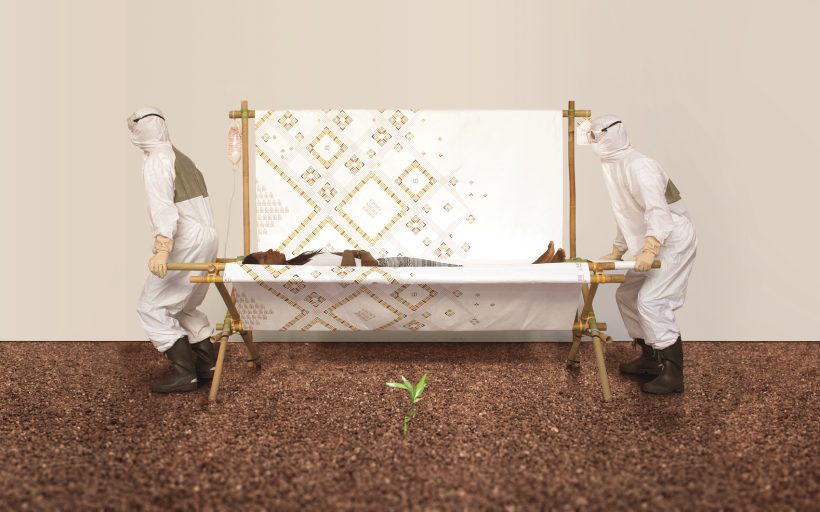
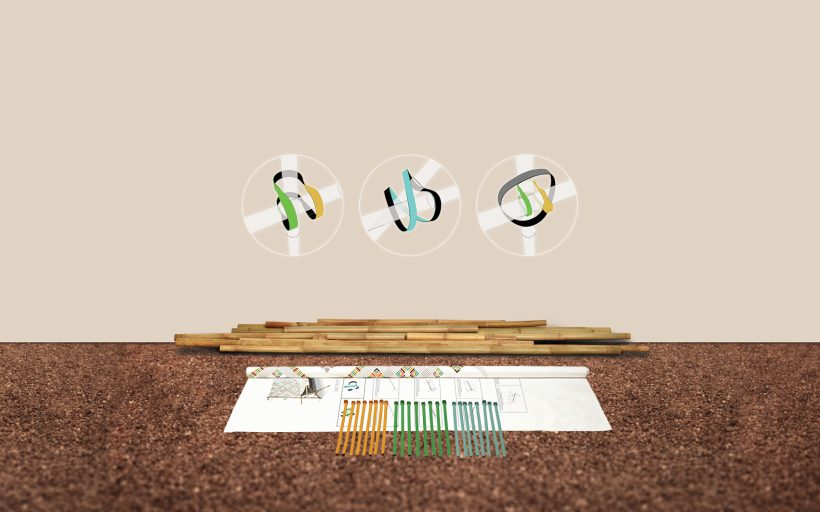
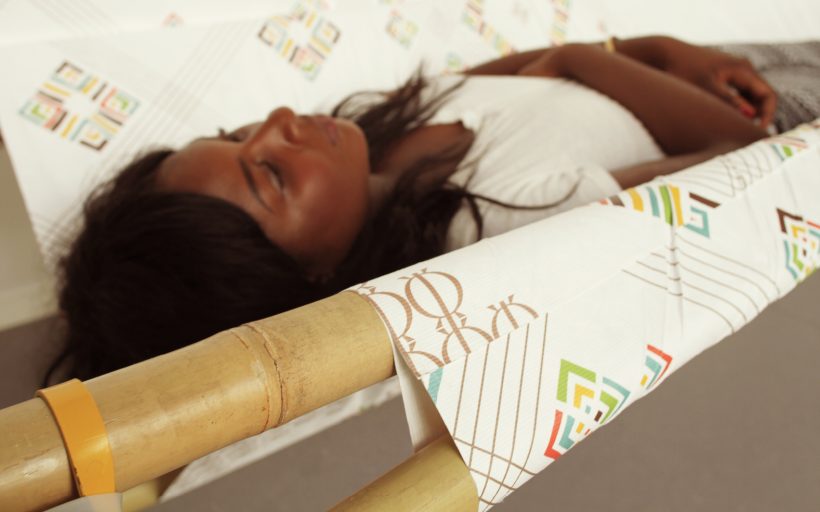
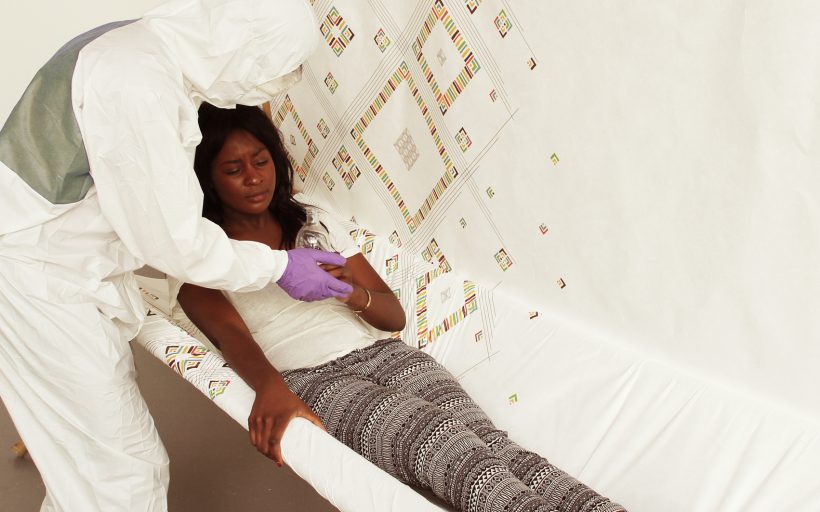
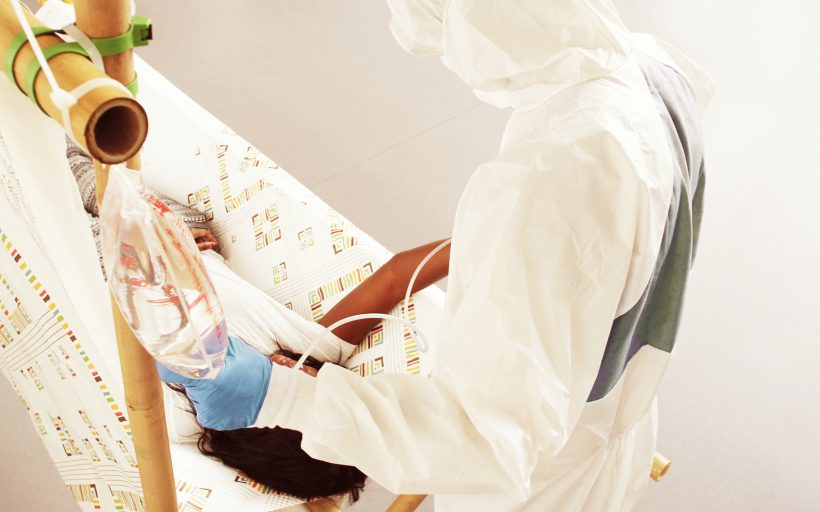
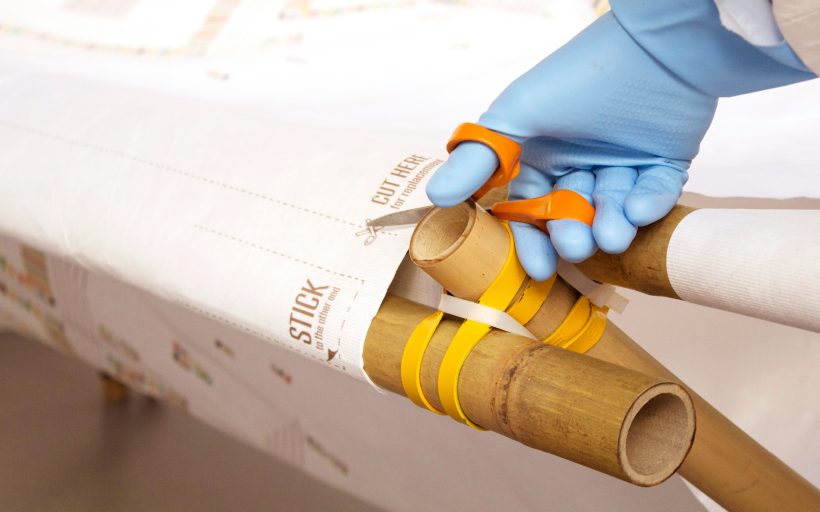
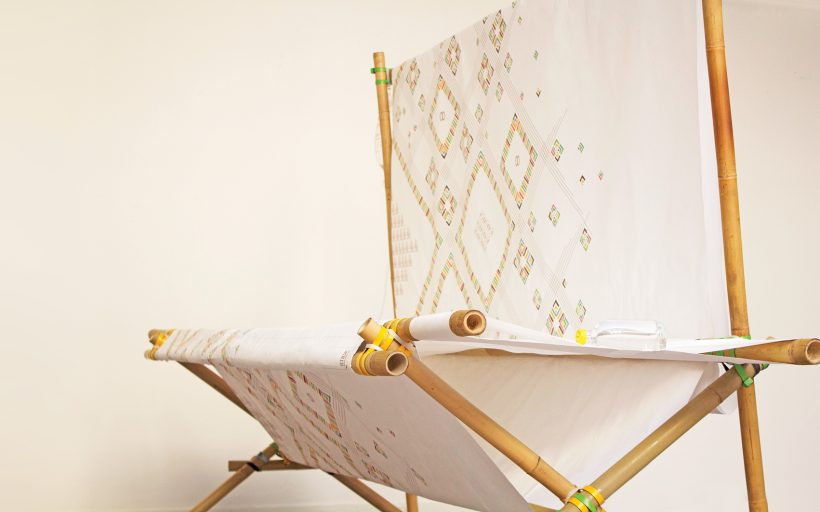

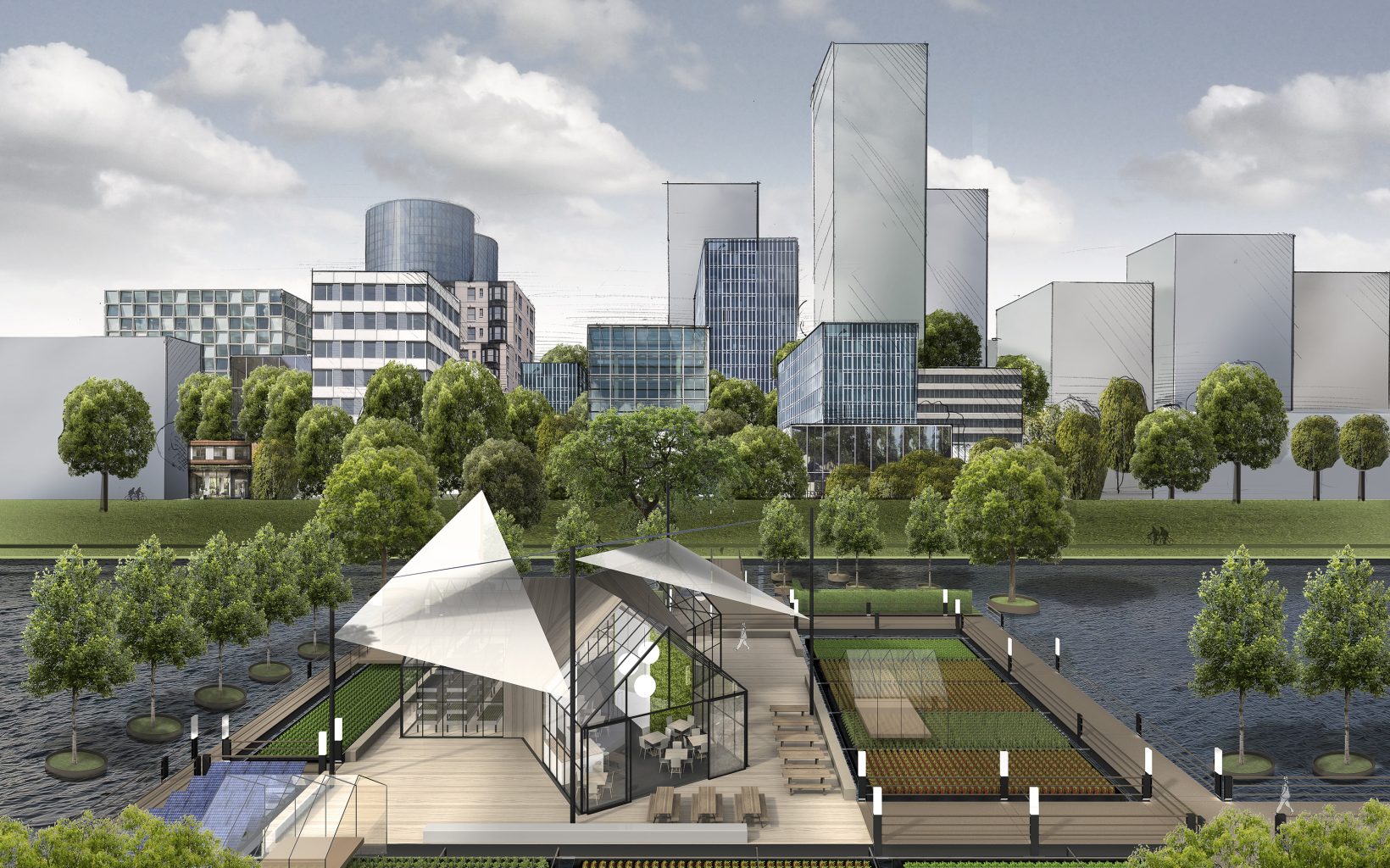


Share on social media.
Facebook
Twitter
LinkedIn
Mail